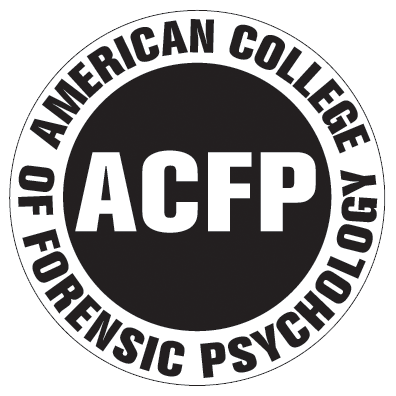Forensic Issues in Abbreviated and Short Intelligence Tests
James Schutte, Ph.D., and Christopher W. Schutte, A.B.
Abbreviated intelligence testing has a long research history, and includes both shortened versions of traditional IQ measures, such as the WAIS-x, and freestanding abbreviated instruments, such as the WASI-II and KBIT-2. Other short IQ instruments such as the RIAS-2 and WRIT purport to provide a comprehensive intelligence measure in much less time than traditional measures. Nonverbal intelligence tests, such as the CTONI-2 or TONI-4, may also be considered abbreviated measures, and are often used in non-English-dominant populations. Issues of convenience appear to have been the main driving force behind the creation of these instruments, but the question remains as to whether such testing is appropriate in forensic psychological evaluations, under what conditions, and with which populations. Issues regarding the use of abbreviated and short intelligence testing in forensic settings are considered, including psychometric matters, recommendations from test publishers, and suggestions for successfully using, presenting, and defending the use of such tests.
James W. Schutte, Ph.D. is a bilingual psychologist in private practice in El Paso, Texas. His practice primarily involves the assessment of persons involved in Social Security disability claims and child protection matters, as well as criminal and civil litigation. Christopher W. Schutte, A.B. is a postgraduate associate in the Anticevic Lab at Yale University, working on research in computational psychiatry.
[mepr-show rules=”13574″ unauth=”message”]
Join Event
<>
Download Handout
[/mepr-show]






























